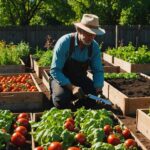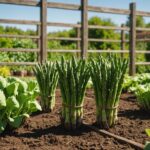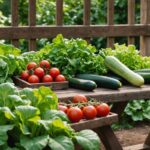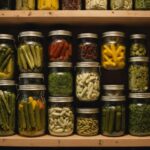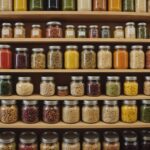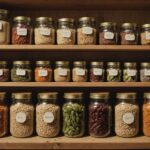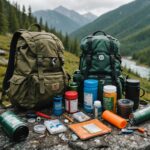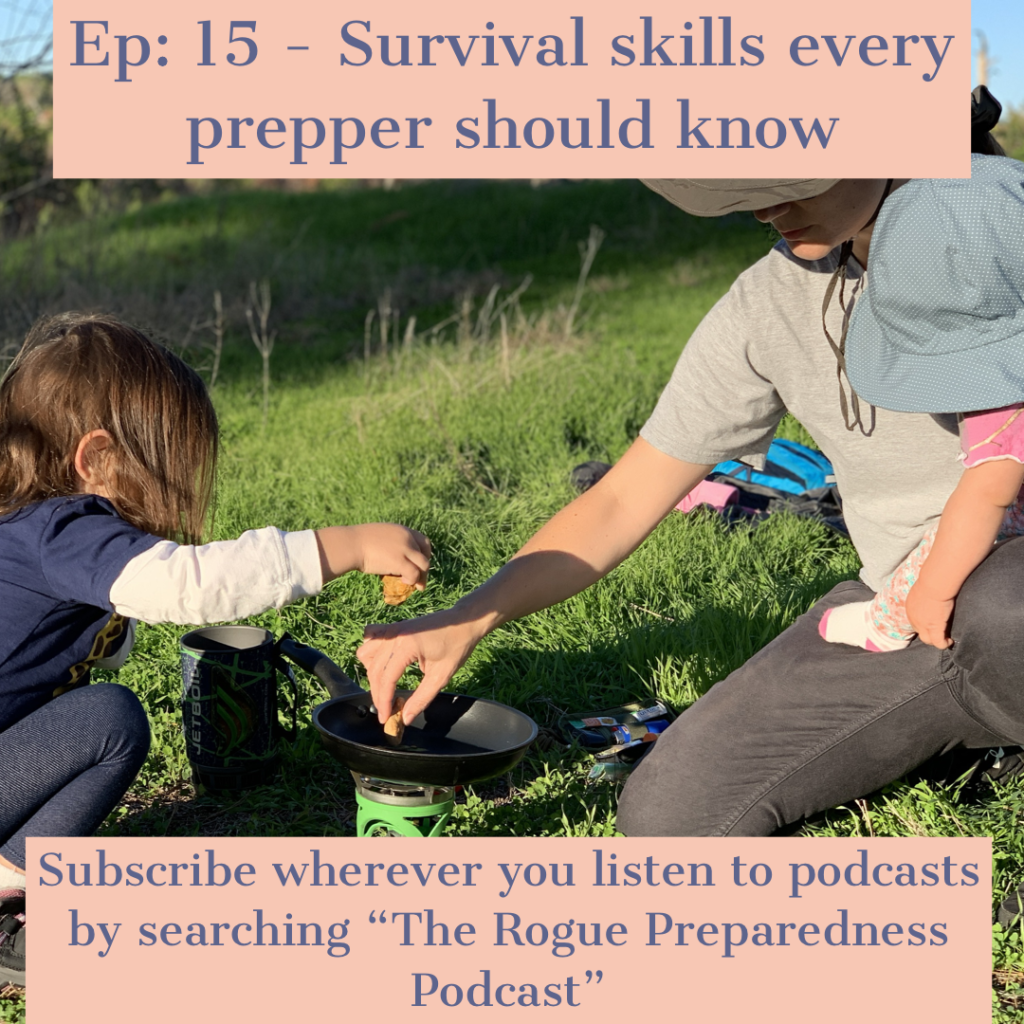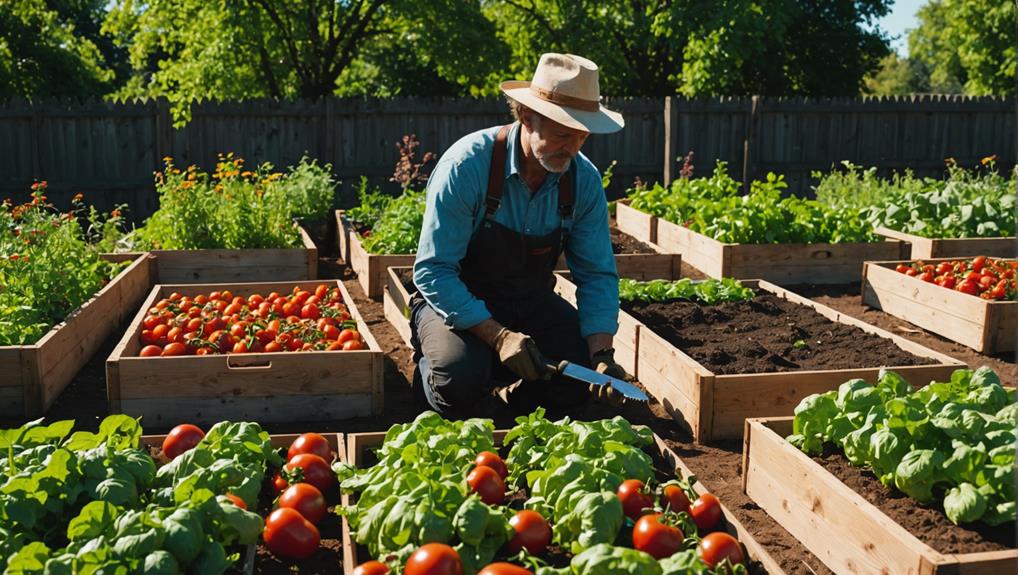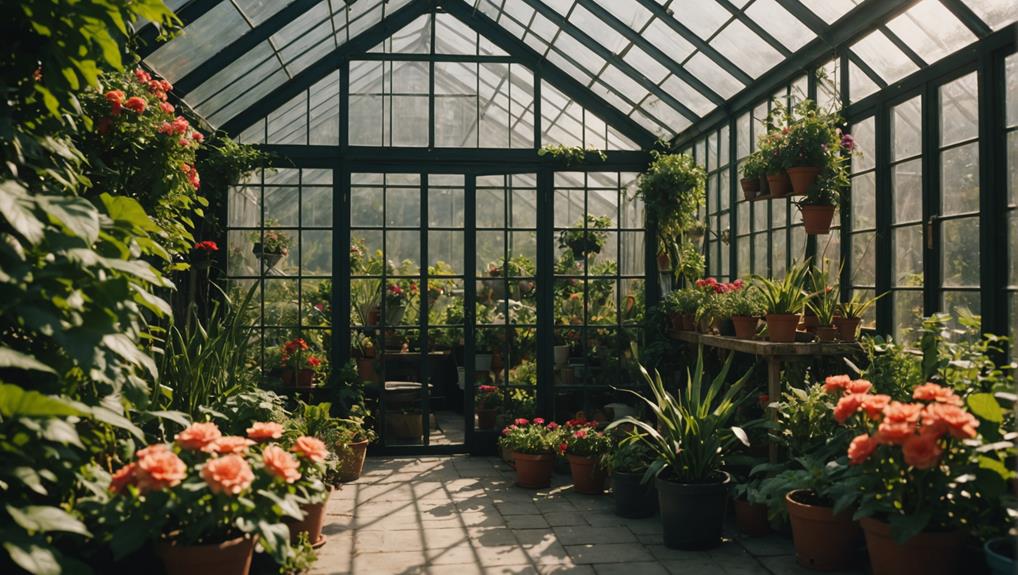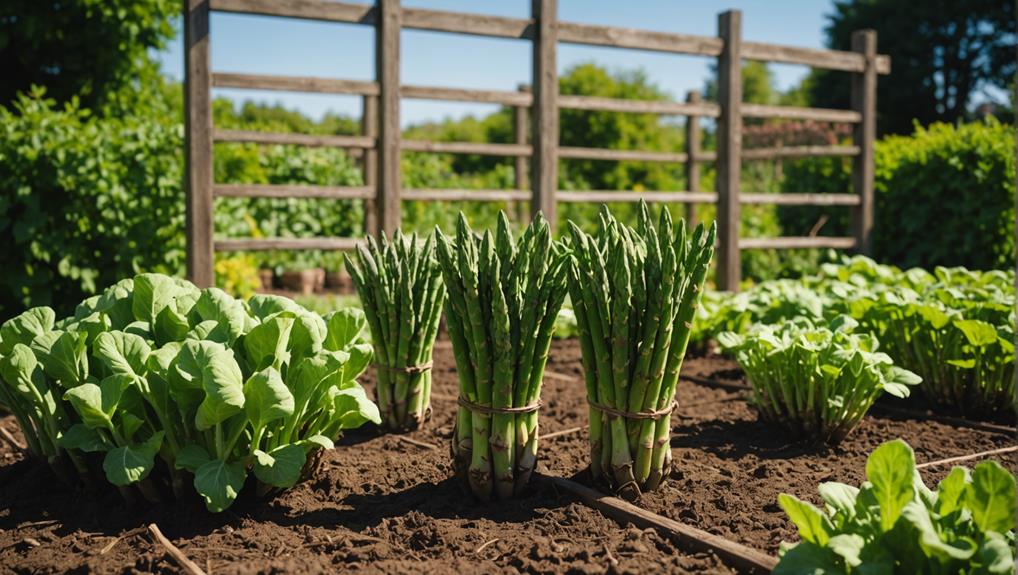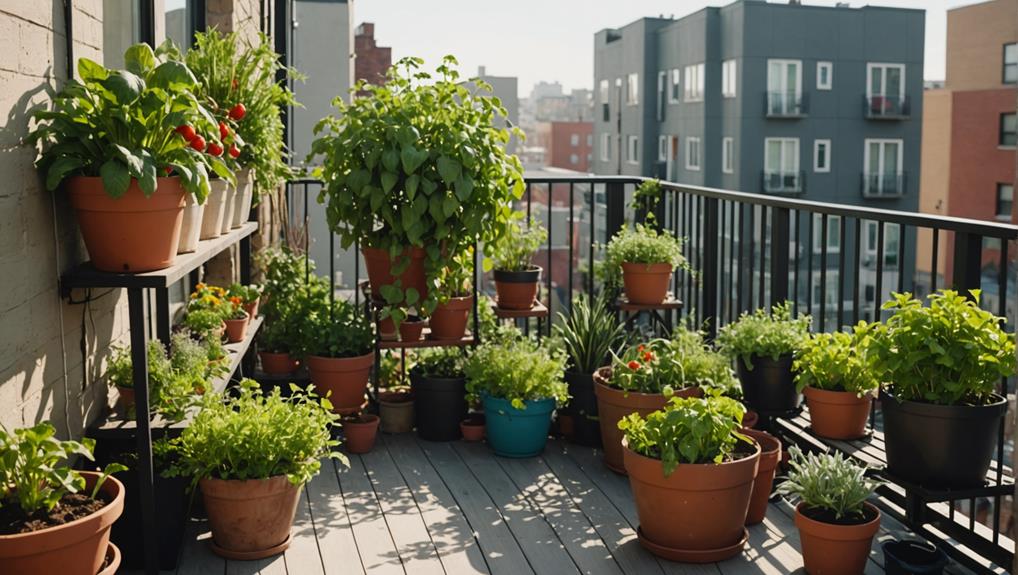As an Amazon Associate I earn from qualifying purchases.
Have you ever wondered what it takes to survive a disaster or emergency situation? Maybe you’ve heard of preppers – those people who are prepared for anything and everything – and wondered what skills they have that you don’t. Well, in this article, we’re going to discuss some essential survival tactics that every prepper should know, and by the end, you’ll have a better understanding of what it takes to be prepared for the unexpected.
First and foremost, one of the most important skills you can learn as a prepper is how to find and purify water. In any survival situation, staying hydrated is absolutely crucial, and being able to locate and make clean water is essential. We’ll delve into different methods of water purification, such as boiling and using water filters, as well as tips on how to find water sources in the wilderness.
Another vital tactic to learn is how to build a fire. Not only does fire provide warmth and a means of cooking food, but it also serves as a valuable signal for rescue. We’ll cover different fire-starting techniques, such as using a fire starter, friction-based methods, and even the trusty old magnifying glass. With these skills under your belt, you’ll be able to create a fire in any situation.
Lastly, we’ll explore the importance of self-defense and basic first aid skills. In a survival scenario, it’s essential to be able to protect yourself and your loved ones from potential dangers. Learning self-defense techniques can give you the confidence and knowledge to handle threats effectively. Additionally, knowing basic first aid can mean the difference between life and death in an emergency. We’ll go over the fundamentals of first aid, such as treating wounds, performing CPR, and managing common medical emergencies.
So, if you’re curious about what it takes to be a prepper and survive in any situation, keep reading! In this article, we’ll provide you with a wealth of information on essential survival tactics that every prepper should know. Whether you’re a beginner or have some experience in preparedness, there’s something here for everyone. Get ready to become a more self-reliant and prepared individual!

Introduction
In uncertain times, it’s important to be prepared for any emergency or disaster that may arise. Being a prepper means having the knowledge and resources to survive and thrive in challenging situations. In this article, we will explore various survival tactics that every prepper should know. From understanding the mindset of a prepper to mastering self-defense tactics, this guide will equip you with the essential skills to navigate through any crisis.
Understanding Prepping
What is prepping?
Prepping is the act of preparing for potential emergencies or disasters. It involves acquiring the necessary skills, knowledge, and supplies to ensure the survival and well-being of yourself and your loved ones. Preppers understand that in times of crisis, access to basic necessities such as food, water, shelter, and medical supplies may be limited or unavailable. Therefore, they take proactive steps to be self-reliant and prepared for any scenario.
Why is prepping important?
Prepping is important because it enables individuals to take control of their own well-being and safety during a crisis. By being prepared, you can minimize the risks and hardships associated with emergencies. Prepping also fosters a sense of empowerment and peace of mind, knowing that you are equipped to handle whatever challenges come your way.
The mindset of a prepper
The mindset of a prepper is rooted in self-sufficiency, adaptability, and resourcefulness. Preppers understand the importance of being mentally prepared, as well as physically equipped, to face unexpected situations. They prioritize learning essential survival skills, developing a resilient mindset, and consistently evaluating and adjusting their emergency plans.
Emergency Food and Water
Building a long-term food storage
Building a long-term food storage is a crucial aspect of prepping. It involves stocking up on non-perishable food items that have a long shelf life. Aim to have a supply that can sustain you and your family for at least three months. Canned goods, dry grains, dehydrated foods, and freeze-dried meals are excellent options for long-term storage. Regularly rotate your stock to ensure freshness and keep track of expiration dates.
Purifying and storing water
Access to clean drinking water is essential for survival. As a prepper, it’s important to know how to purify and store water effectively. There are several methods to make water safe for consumption, including boiling, using water purification tablets, or filtering through a quality water filtration system. Additionally, it’s crucial to have containers specifically designed for storing water and to maintain a backup supply of water purification tools.
Strategizing meals for survival
In a survival situation, it’s important to plan meals strategically to ensure proper nutrition and energy intake. Consider the balance of macronutrients (proteins, carbohydrates, and fats) and include a variety of foods to maintain a well-rounded diet. Prioritize foods that require minimal cooking or heating and opt for lightweight, easy-to-carry options for emergency situations.
Shelter and Security
Creating a secure shelter
Having a secure shelter is vital for protection and comfort during emergencies. Preppers should familiarize themselves with different shelter-building techniques, such as constructing a temporary shelter using natural materials or setting up a tent. It’s also essential to choose a safe location away from potential hazards, such as flooding or falling debris. Regularly assess and maintain your shelter to ensure its structural integrity.
Self-defense tactics
In emergency situations, personal safety is paramount. Learning self-defense tactics can provide you with the necessary skills to protect yourself and your loved ones. Consider taking self-defense classes or learning basic techniques, such as striking, blocking, and escaping from potential threats. Additionally, having non-lethal self-defense tools like pepper spray or a personal alarm can provide an added layer of security.
Securing your property
Protecting your property is essential during crises. Preppers should invest in securing their homes by reinforcing doors and windows, installing security cameras, or using motion-sensor lights. Creating a perimeter around your property with fences or natural barriers can further deter potential intruders. Regularly evaluate and improve your security measures to ensure maximum protection.

First Aid and Medical Skills
Medical supplies and equipment
An emergency or disaster can lead to injuries or medical emergencies. As a prepper, it’s crucial to have a well-stocked first aid kit that includes essential items such as bandages, antiseptics, pain relievers, and medical tools. Additionally, consider acquiring more advanced medical supplies like sutures or tourniquets and learning how to properly use them in emergency situations.
Basic first aid techniques
Knowing basic first aid techniques can be lifesaving during emergencies. Learn how to perform CPR, control bleeding, dress wounds, and administer basic medications. Taking a first aid course or attending workshops can provide you with hands-on training and the confidence to handle medical emergencies effectively.
Handling medical emergencies in survival situations
Survival situations can present unique challenges when it comes to medical emergencies. Preppers should understand how to improvise medical treatments, such as creating splints from natural materials or using household items as makeshift medical supplies. Having knowledge of natural remedies and herbal medicine can also be beneficial when access to conventional medical treatment is limited.
Navigating and Finding Direction
Using maps and compasses
Knowing how to use maps and compasses is crucial for navigating through unfamiliar terrain. Familiarize yourself with different map types and learn how to read and interpret them accurately. Practice using a compass to determine direction and navigate using landmarks or celestial navigation techniques if necessary.
Land navigation techniques
In addition to maps and compasses, understanding land navigation techniques is essential for preppers. Learn how to identify natural signs like sun position, wind patterns, or animal tracks to determine your location and direction. Utilize topographic maps to assess the terrain and plan your routes efficiently.
Finding direction without tools
While having tools like maps and compasses is advantageous, a true prepper knows how to find direction without them. Learn techniques such as using the position of the sun or stars, tracking natural indicators like moss growth, or observing animal behaviors to determine direction. Practice these skills regularly to increase your confidence in navigating without tools.
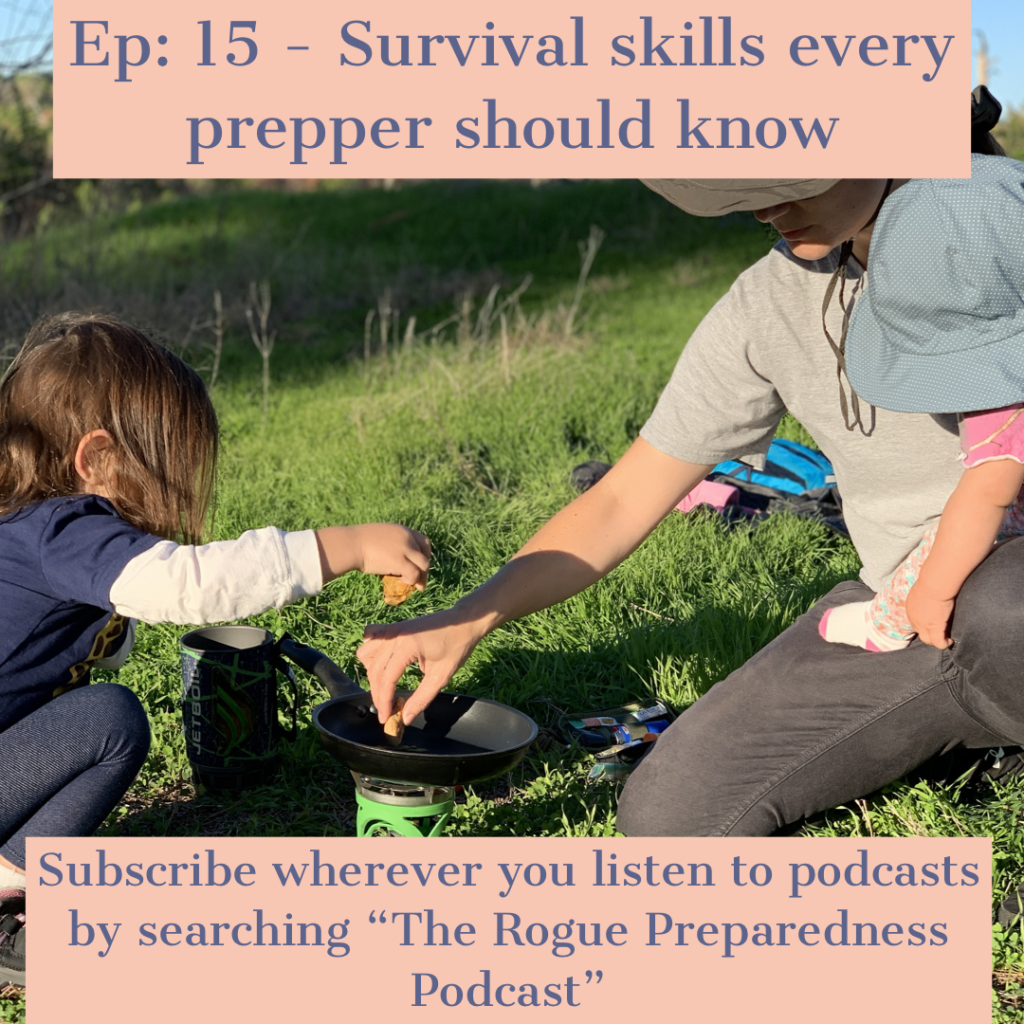
Fire and Energy Sources
Starting a fire without matches
Fire is an essential resource for warmth, cooking, and signaling for help. Master the art of starting a fire without matches by learning different fire-starting techniques such as using a fire bow, flint and steel, or magnifying lenses. Practice these techniques in various weather conditions to ensure you can start a fire when needed.
Alternative energy sources
Exploring alternative energy sources is crucial for preppers, especially during long-term emergencies. Consider investing in solar panels, portable generators, or wind turbines to provide a reliable source of energy for lighting, charging electronic devices, or powering essential appliances. Additionally, learning how to utilize renewable energy sources like solar cookers or biomass stoves can help conserve resources.
Cooking and heating methods
When traditional cooking and heating methods are not available, preppers should be familiar with alternative techniques. Learn how to cook using camp stoves, Dutch ovens, or open fires safely. Explore different heating methods like using kerosene heaters, wood-burning stoves, or thermal blankets to stay warm in challenging conditions.
Self-Sufficiency and Sustainability
Gardening and agriculture
Being self-sufficient in terms of food production is a vital aspect of prepping. Learn the basics of gardening and agriculture, even if it’s in small spaces like container gardening or vertical farming. Grow your own fruits, vegetables, and herbs, and consider saving seeds for future planting. Additionally, explore techniques like composting and rainwater harvesting to enhance sustainability.
Raising livestock
For those with the space and resources, raising livestock can provide a sustainable source of food and other essential products. Consider raising chickens for eggs, goats for milk, or rabbits for meat. Learn the basics of animal husbandry, including feeding, housing, and healthcare, to ensure the well-being of your livestock.
Generating renewable resources
In addition to food and water, preppers should focus on generating renewable resources. Explore alternative energy sources like solar or wind power mentioned earlier. Additionally, learn about water purification methods and rainwater harvesting systems to reduce reliance on external resources. Incorporate strategies for waste management, recycling, and upcycling to minimize environmental impact.
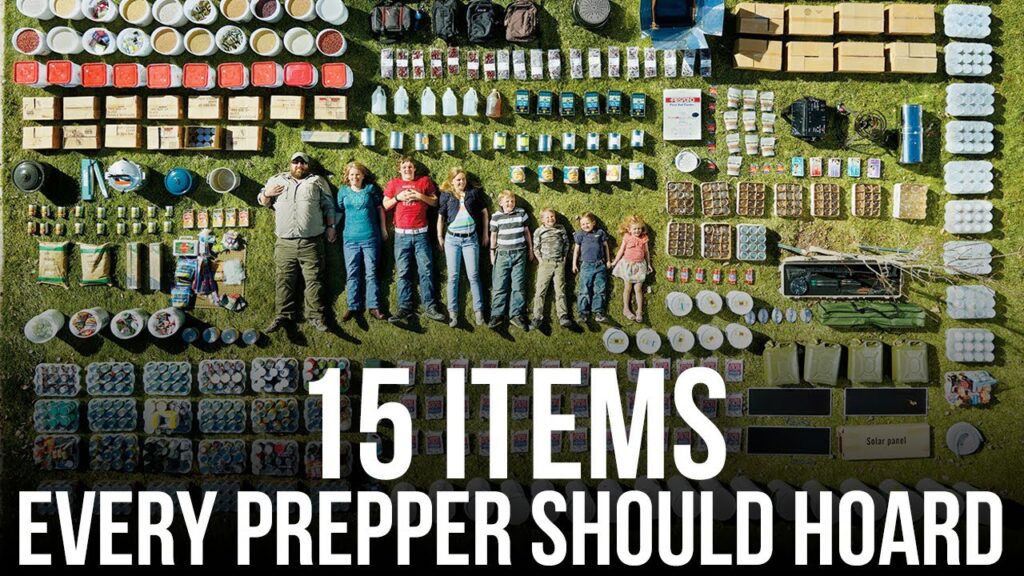
Communication Strategies
Establishing a communication network
Having a reliable communication network during emergencies is crucial for staying connected with loved ones and obtaining vital information. Preppers should establish a communication plan with family members, outlining contact methods and meeting points. Consider investing in two-way radios or satellite phones for communication in areas with limited or no cell service.
Alternative communication methods
In situations where traditional communication methods fail, preppers should explore alternative options. Learn how to use various signaling techniques such as smoke signals, mirrors, or Morse code for long-distance communication. Additionally, consider learning basic radio communication skills or obtaining a ham radio license for more advanced communications.
Protecting your communication
In times of crisis, communication can be vulnerable to interception or disruption. Safeguard your communication by encrypting messages when using digital platforms. Additionally, consider implementing physical security measures for your communication devices, such as using passwords or biometric authentication. Regularly update your contact lists and test your communication devices to ensure their functionality.
Conclusion
Being a prepper is about more than just stockpiling supplies. It’s about equipping yourself with the necessary skills and knowledge to handle any emergency or disaster. By understanding prepping, preparing emergency food and water supplies, securing shelter and resources, developing medical skills, mastering navigation techniques, utilizing sustainable practices, and establishing effective communication, you will be well-equipped to face any challenge that comes your way. Remember, being prepared is not a sign of paranoia, but rather a proactive approach to safeguarding your well-being and the well-being of those you care about. So, embrace the prepper mindset and take the first steps towards becoming self-reliant and resilient in the face of adversity.
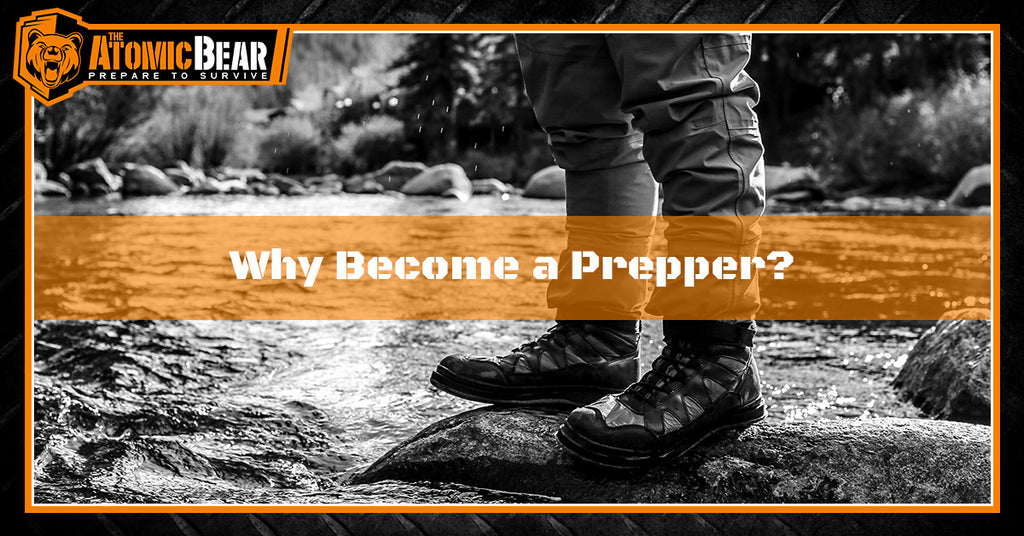
As an Amazon Associate I earn from qualifying purchases.
